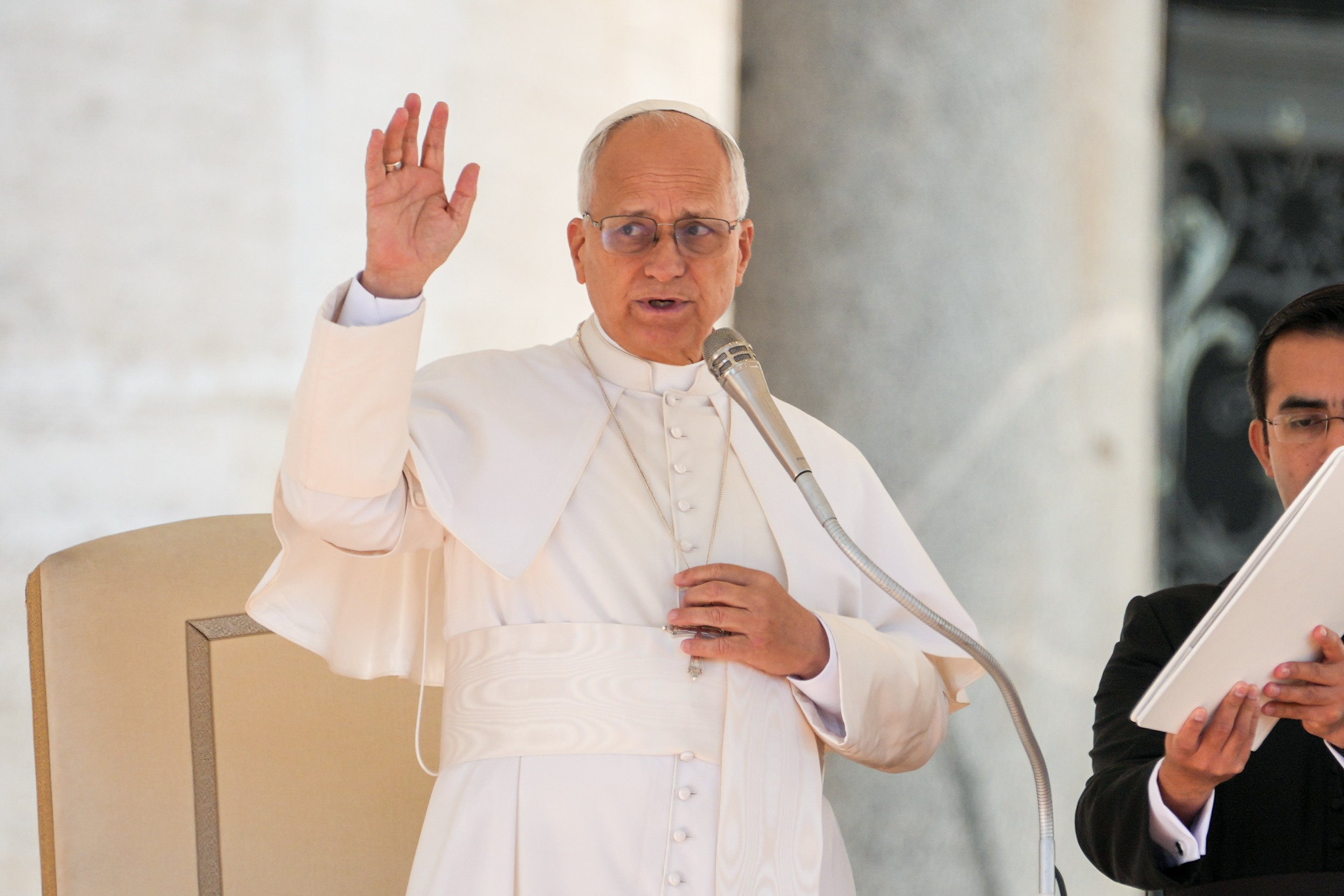June 26, 2019 at 2:54 p.m.
Leave behind the natural and familiar when called by the Lord
This Sunday, the Thirteenth Sunday in Ordinary Time, the readings bring forward the mystery of discipleship and, more specifically, leaving behind what is natural and familiar when called by the Lord. In the first reading, Elijah the prophet was told by God that Elisha was to be prophet in his place (1 Kings 19:16b, 19-21). When Elijah encountered Elisha later on, he cast his prophetic mantle, or outer cloak, over the young man. Elisha understood this gesture to be a calling, an invitation to follow Elijah in his prophetic ministry. Therefore, he said to Elijah, “Let me kiss my father and my mother, and then I will follow you.” Elisha understood that the prophetic office would take him away from his family, perhaps definitively. Elijah’s response, rather than discouraging Elisha or confounding the young man, is rather a way of saying, “It is not I who call you — it is the Lord. You decide what you will do.” As an answer, Elisha slew the oxen and burned the yoke, making it impossible for him to go back to ploughing. In other words, he makes his decision and responds through his actions.
The image of the yoke ties the first reading to the second reading, which is from Saint Paul’s letter to the Galatians (Gal 5:1, 13-18). Saint Paul likens our service to the Lord to freedom from the yoke of slavery. This service is true freedom; it is the freedom that Christ won for us. Freedom from what — what is the yoke of slavery? Saint Paul explains that to sin is to be a slave. By giving in to and gratifying the “desires of the flesh,” or the inordinate desires for pleasure, honor, riches, esteem, etc., a person becomes bound or enslaved by sin. This is to be under the yoke of slavery. Like Elisha in the first reading, we are called to cast off this yoke, to chop it into pieces and burn it, never to use it (or be subject to it) again.
The absolute nature of this adherence to God is brought out even more powerfully in the gospel for today from Luke (Luke 9:51-62). Notice that we are at a turning point in Luke’s Gospel. This is after the Transfiguration, and at this point in the Gospel, Jesus turns toward Jerusalem and sets his face like flint. He is going there “to be received up,” Saint Luke says. This refers to his voluntary laying down of his life, including his betrayal, torture and crucifixion. He goes to Jerusalem out of love for us and his will to do so is inexorable. Nothing will dissuade him.
After this intense description of Jesus, three different people are presented as potential followers of Jesus. The first says “I will follow you wherever you go.” Jesus warns him: “Foxes have holes, and birds of the air have nests; but the Son of man has nowhere to lay his head.” If one desires to follow Jesus this closely, he must prepare for mission. The second does not offer to follow Jesus, but rather is called by Jesus directly. The man objects: “Lord, let me first go and bury my father.” This seems like a reasonable request. Jesus indicates, however, that the exigencies of the Kingdom of God take precedence over even important familial obligations. The call to Christian discipleship is about eternal realities. This is no ordinary summons, and should not be treated as such.
Finally, the third man, perhaps seeing this strict correspondence, couches his offer of discipleship as a “Yes, but not yet…” Such a hesitating and noncommittal offer is unworthy of God. Jesus replies, “No one who puts his hand to the plow and looks back is fit for the kingdom of God.” These words may sound harsh, but observe what is at stake. If God is asking you to follow Him, what could be more important?
- Portland Archbishop on ICE: Human dignity comes from God, not government
- Christian hope shows the earth can resemble heaven, pope says
- Washington Roundup: Election shifts; Venezuela vote; transgender passports, and more
- Novel highlights power of art and music as a salve to troubled humanity
- Supreme Court sides with Trump administration to temporarily block full funding for SNAP
- Former diocesan fundraising director indicted on wire fraud for alleged 6-figure theft
- Love is key to church’s mental health ministry, says bishop who lost family to suicide
- Caring for creation is part of peacemaking, pope tells COP30
- Security for Syria’s religious minorities is disastrous, say religious freedom advocates
- New ‘Nuremberg’ thriller examines capacity of ordinary men to commit extraordinary evil








Comments:
You must login to comment.